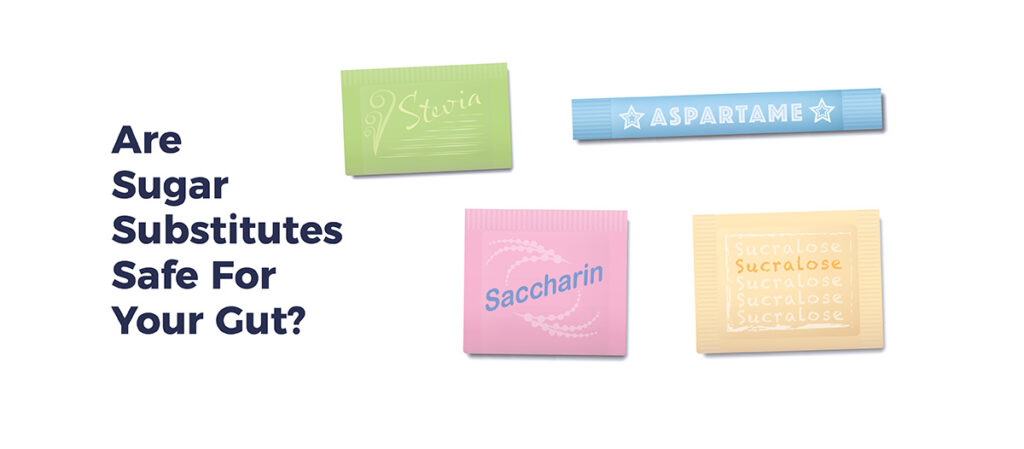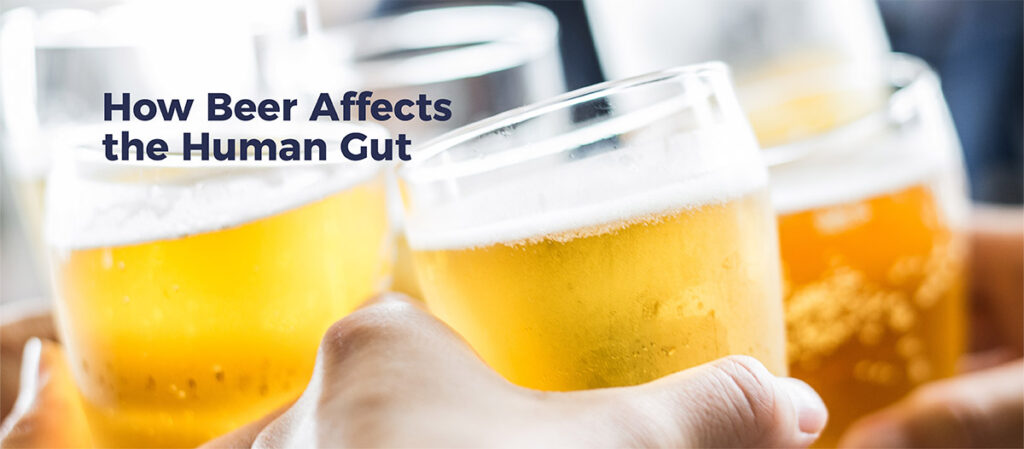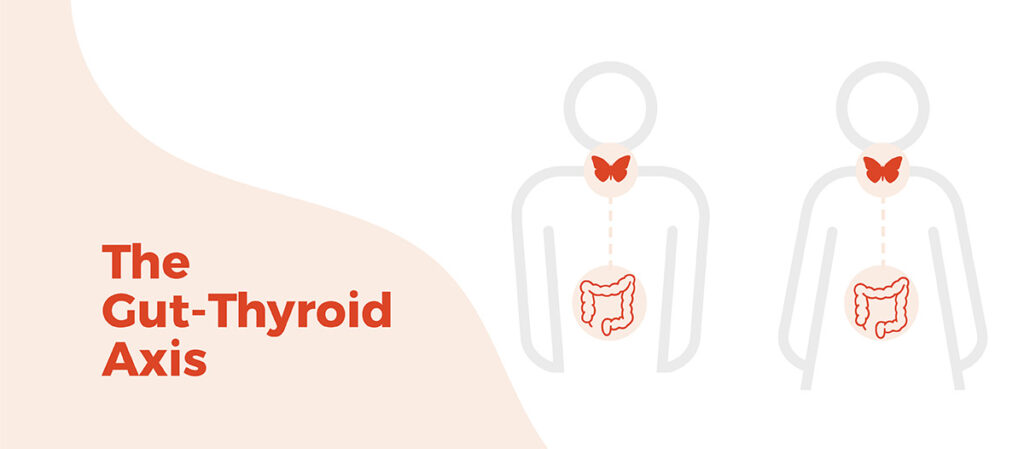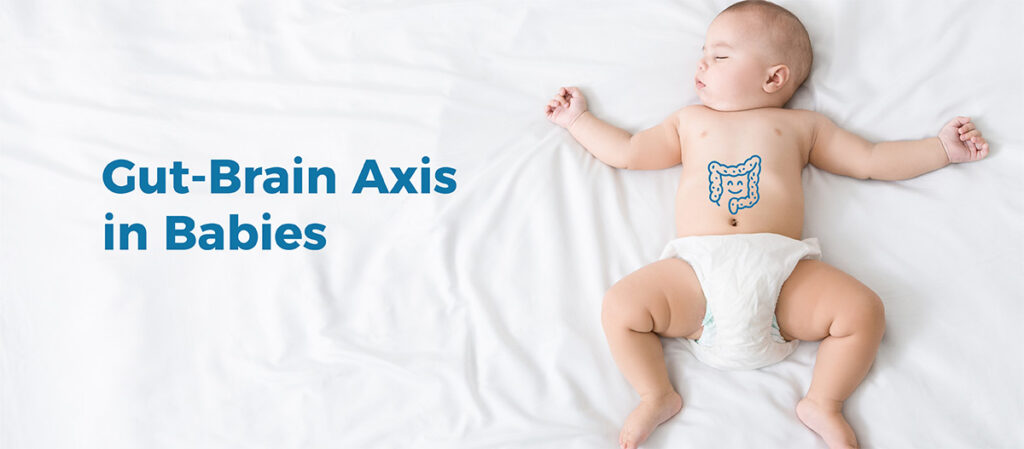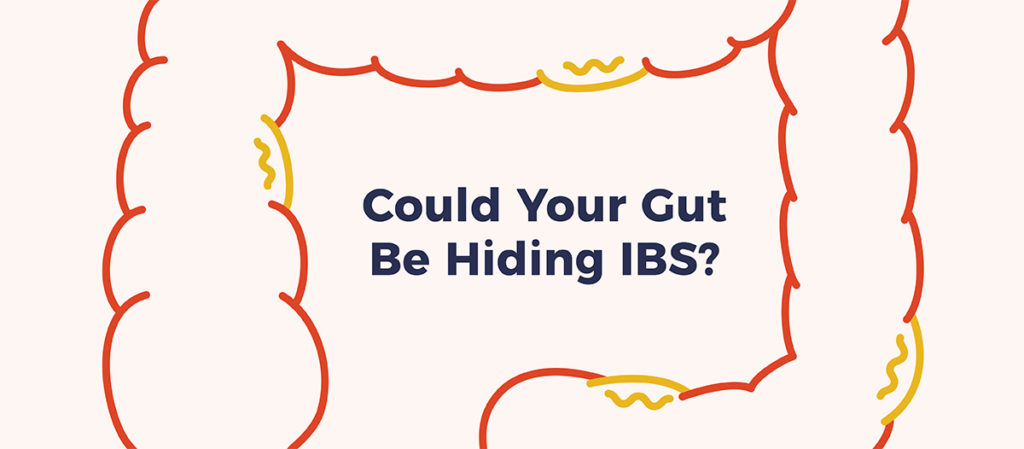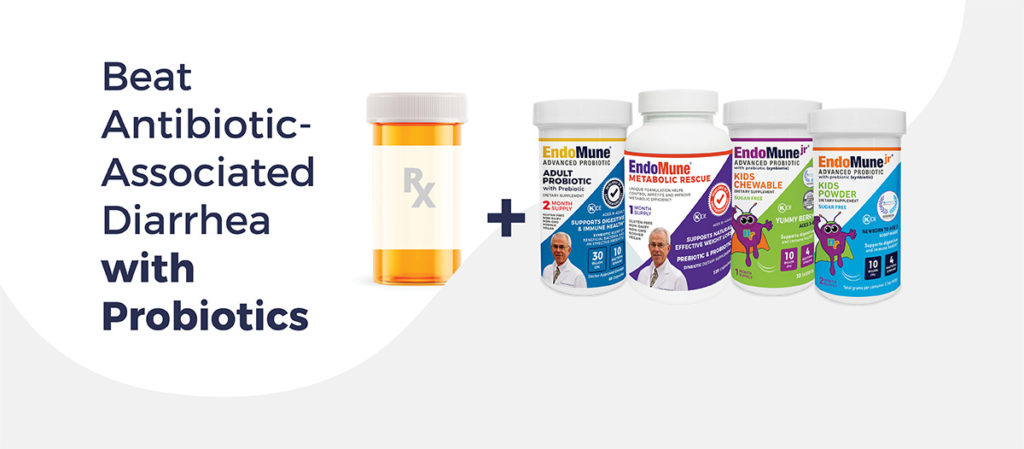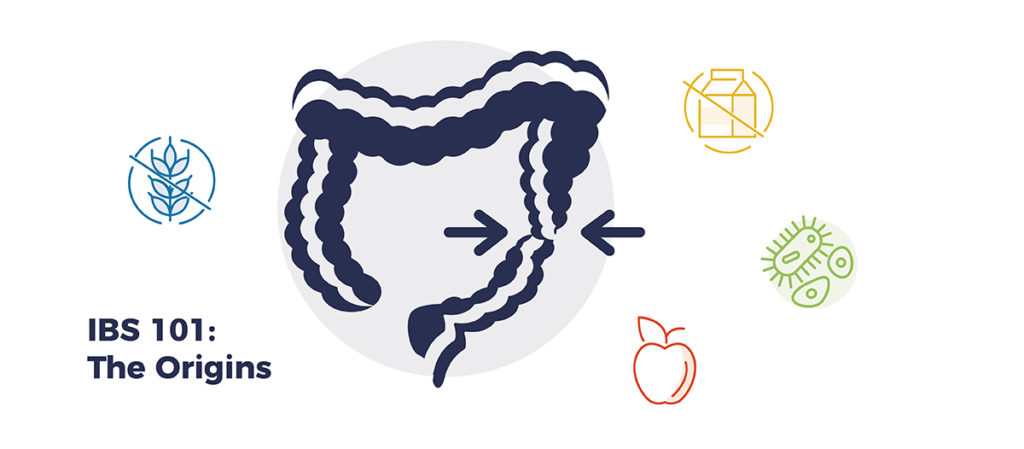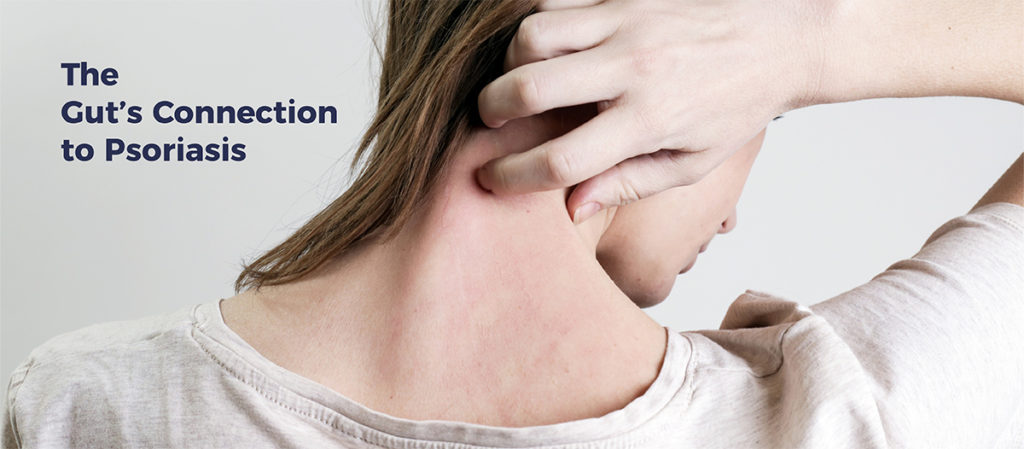Are Sugar Substitutes Safe For Your Gut?
Are Sugar Substitutes Safe For Your Gut?
The challenge for many people trying to lose weight often comes down to the tradeoffs they make along the way.
For example, low-calorie sugar substitutes are some of the most popular tools people use to satisfy their sweet tooth and keep their weight-loss goals on track.
However, we’ve seen plenty of evidence that sugar substitutes like sucralose, saccharine, aspartame and stevia create lots of gut health problems.
Could you be swapping one set of serious health problems for others by using zero-calorie sweeteners?
Sugar Substitutes Alter the Microbiome
Israeli researchers from the Weizmann Institute of Science recently showed how a variety of sugar substitutes alter the microbiome negatively, even when consumed briefly in small amounts, according to a study appearing in Cell.
Scientists screened some 1,400 healthy patients before selecting 120 people (ages 18-70) for this project who had one thing in common: Each patient avoided artificially sweetened foods and drinks in their daily life.
Then, patients were divided into groups who consumed prescribed amounts one of four sweeteners (saccharin, sucralose, aspartame or stevia) and two control groups (glucose or no sweetener at all) for two weeks.
Compared to those in the control groups, patients who consumed any sugar substitute experienced unique changes in the composition and functionality of their microbiomes.
Also, patients in the sucralose and saccharin groups had experienced even more significant alterations in how their bodies metabolized these chemicals, a warning sign of metabolic disease, by altering their glucose tolerance.
As one last check, researchers transplanted gut bacteria from 40 “sugar” patients into germ-free mice that had never consumed it to observe any changes. No surprise, the changes in glucose tolerance among mice consistently mirrored those of their human donors.
“These findings reinforce the view of the microbiome as a hub that integrates the signals coming from the human body’s own systems and from external factors such as the food we eat, the medications we take, our lifestyle and physical surroundings,” says lead researcher Dr. Eran Elinav.
Losing Weight Safely
Although consuming sugar substitutes in amounts big or small can harm your gut and the way your body breaks down glucose, you still have healthy options that are pretty easy to follow to keep losing weight and protect your gut.
For one, drinking plenty of clean water keeps you hydrated. (Add some flavor to your water with slices of lemon along with a dash of turmeric or cinnamon.)
If you can’t give up your favorite “diet” soft drink, be sure to protect the balance of bacteria in your gut by taking a multi-strain probiotic like EndoMune Advanced Probiotic.
And, if you want some extra help to lose those extra pounds, consider EndoMune Metabolic Rescue, a probiotic uniquely formulated with Bifidobacterium lactis and the prebiotic XOS that promotes a sense of fullness and protects your gut health.
References
Are Sugar Substitutes Safe For Your Gut? Read More »
